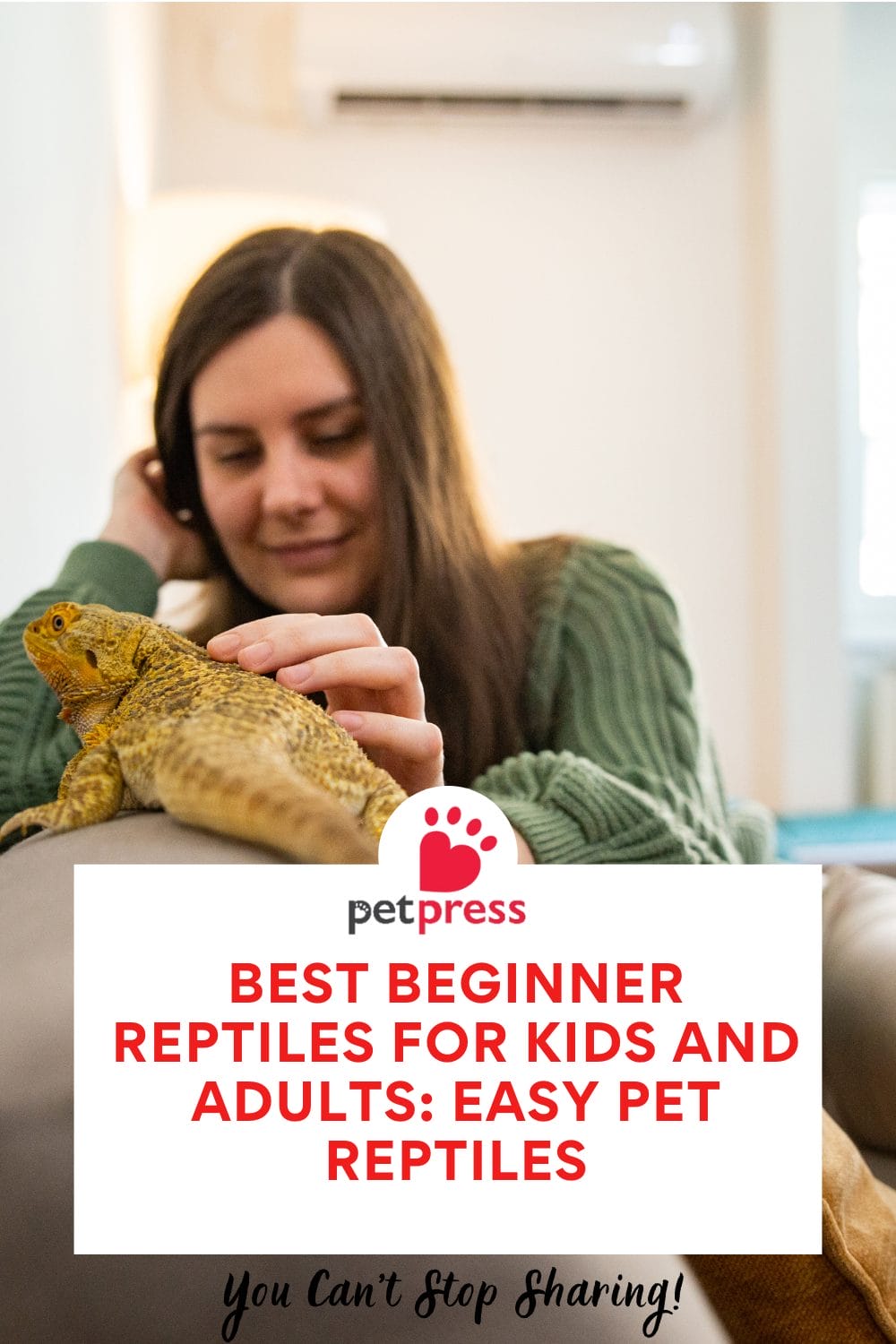
Are you considering incorporating Reptiles for Kids and Adults into your home?
Reptiles are fascinating, low-maintenance pets that can bring joy and curiosity into your life.
Whether you’re a parent looking for a first pet for your child or an adult searching for a unique animal companion, beginner reptiles are a great choice to consider.
Unlike dogs or cats, reptiles don’t require daily walks, constant grooming, or round-the-clock attention. But not all reptiles are created equal, especially when it comes to new owners.
That’s where this guide steps in. We’ll introduce you to some of the best beginner reptiles for kids and adults, explore their benefits, help you decide if they’re right for you, and answer common questions.
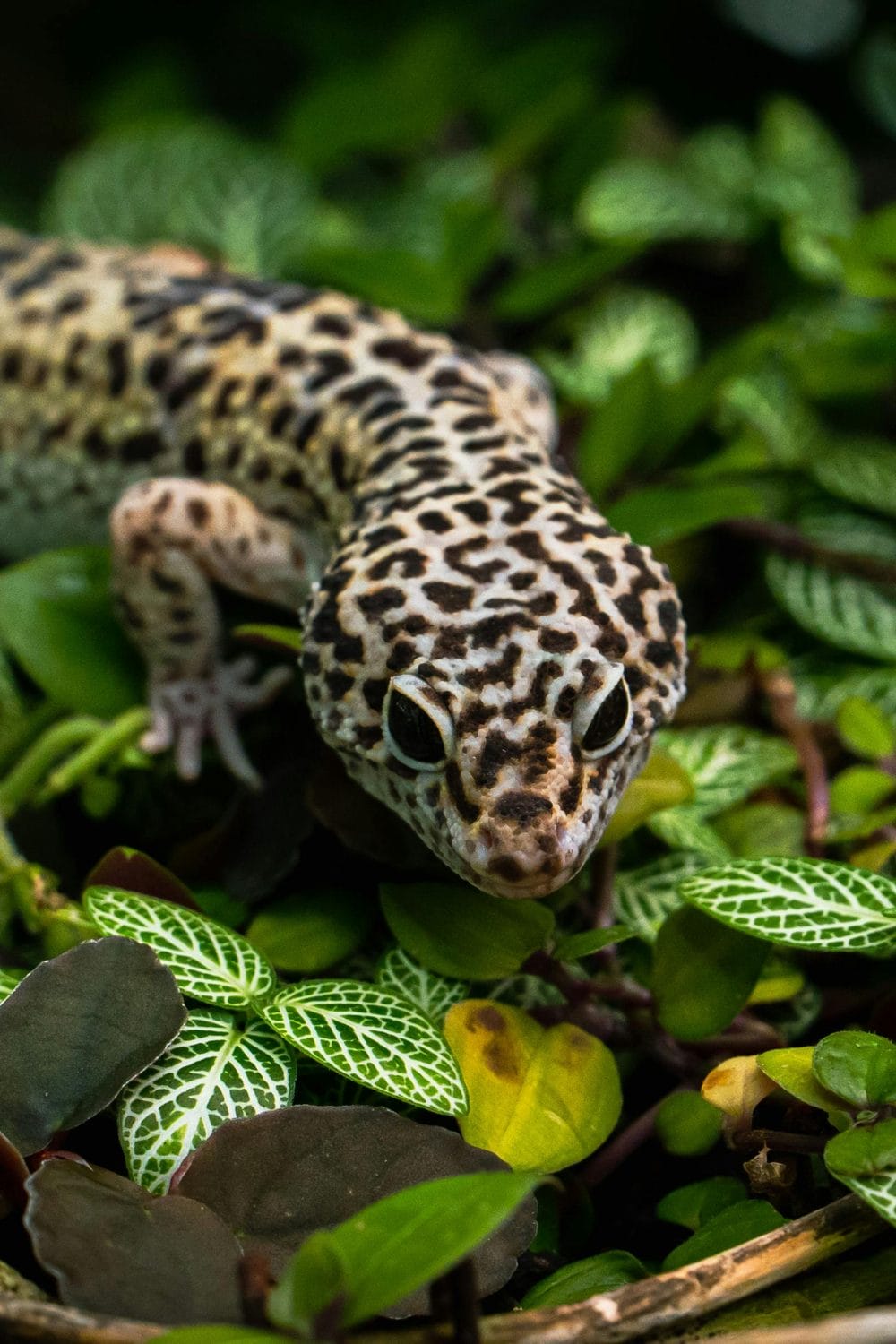
Types of Beginner Reptiles (With Descriptions)
Here’s a handy table highlighting the top beginner-friendly reptiles. These options are popular for their easy care, gentle nature, and fascinating behaviors.
| Reptile | Ideal For | Why It’s Beginner-Friendly |
| Bearded Dragon | Kids & Adults | Calm temperament, easy to handle, eats a varied diet (insects & veggies), loves interaction. |
| Leopard Gecko | Kids & Adults | Docile, low-maintenance, doesn’t need UVB lighting, very hardy. |
| Corn Snake | Older Kids/Adults | Non-aggressive, easy to feed, low humidity needs, doesn’t get too large. |
| Russian Tortoise | Adults | Herbivore, lives long, needs simple enclosure, friendly and slow-moving. |
| Crested Gecko | Kids & Adults | Doesn’t need live insects (can eat meal replacement powder), no special lighting needed. |
| Ball Python | Adults | Very docile, manageable size, can go long without eating, easy to handle. |
| Blue Tongue Skink | Adults | Unique appearance, gentle nature, enjoys human interaction, eats fruits and protein. |
Benefits of Choosing Beginner Reptiles for Kids
Introducing children to reptiles can be a rewarding and educational experience. Here’s how it helps:
Teaches Responsibility
A pet reptile requires feeding schedules, tank cleaning, and gentle handling. This helps kids develop a sense of routine and ownership over their pet’s well-being.
Promotes Learning
Kids become fascinated by the biology, behavior, and care needs of reptiles. They learn about habitats, diets, and even basic science concepts.
Allergy-Friendly
Unlike furry pets that can trigger allergic reactions, reptiles are hypoallergenic, making them ideal for children with sensitivities.
Low Noise and Low Fuss
No barking, meowing, or scratching. Reptiles are calm and quiet, which makes them perfect for households that want a peaceful pet.
Unique Bonding
Though they’re not cuddly, reptiles can recognize their owners and react to their presence over time. That creates a cool and unique pet-owner relationship for kids.
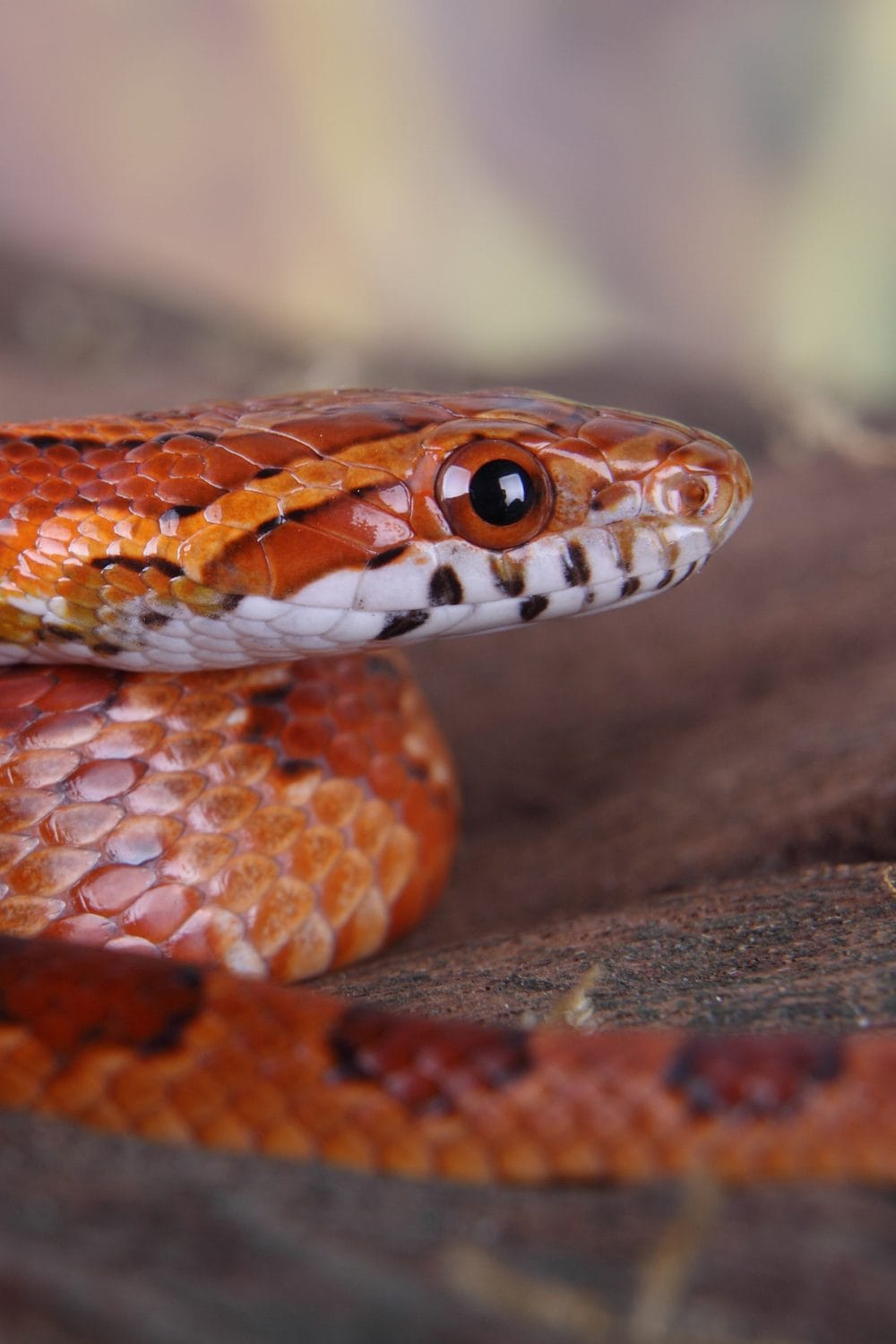
Benefits of Choosing Beginner Reptiles for Adults
Adults often look for pets that fit into busy lifestyles or small living spaces. Beginner reptiles are excellent for that. Here’s why:
Low Maintenance
Many easy reptiles for beginners require only a few feedings per week and occasional tank cleaning. That’s perfect for people with tight schedules.
Minimal Space Needed
If you live in an apartment or small home, a reptile enclosure takes up far less space than a cat tree or dog crate.
Therapeutic Presence
Watching a reptile explore its habitat or bask under a heat lamp can be calming — almost meditative. It’s a peaceful addition to any living room or workspace.
Long Lifespan
Many reptiles, especially tortoises and snakes, live for 10 to 30 years or more with proper care. They’re long-term companions without the chaos of traditional pets.
Unique Personality & Appeal
Reptiles offer something truly different. Their prehistoric features, quirky behaviors, and silent charm are appealing to adults who want a non-traditional pet.
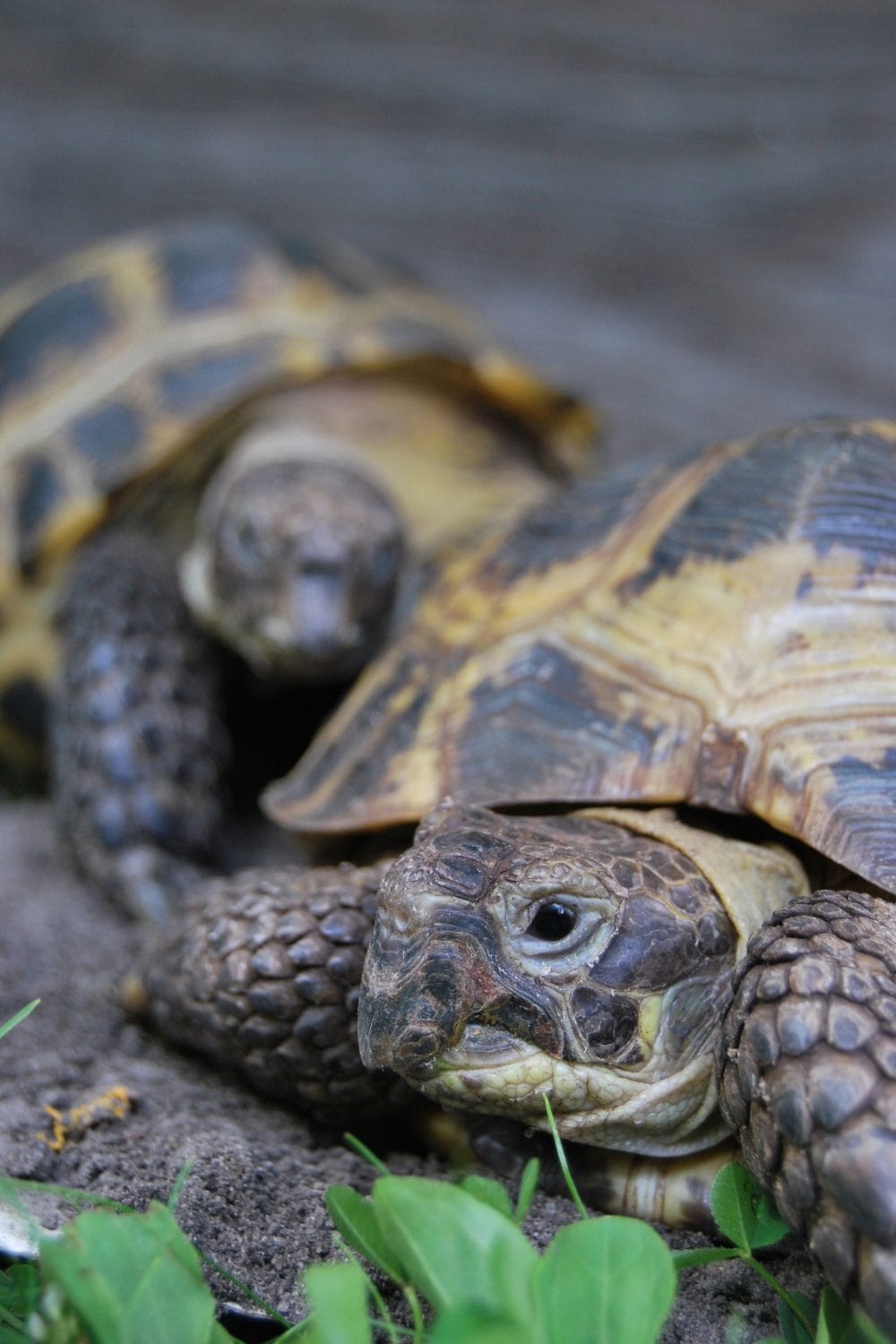
Who Should Not Consider Beginner Reptiles for Kids or Adults?
As wonderful as reptiles can be, they’re not the perfect pet for everyone. Here are some situations where beginner reptiles may not be the right fit:
People Who Dislike Handling Insects
Many reptiles — especially geckos and dragons — require feeder insects like crickets or mealworms.
If the thought of live insects makes your skin crawl, this may not be for you (unless you choose options like Crested Geckos that can thrive on powder diets).
Impatient Owners
Reptiles are not fast-moving or affectionate in the way dogs and cats are. If you’re looking for emotional engagement or active playtime, reptiles might feel underwhelming.
Families with Very Young Children
Some reptiles are delicate or easily stressed by rough handling. Families with toddlers might want to wait until children are older and more mindful.
Impulse Buyers
Setting up a proper reptile habitat requires research, equipment, and a financial investment. It’s not a “pick one up on a whim” kind of pet. Commitment is crucial.
Those Unwilling to Learn
Even beginner reptiles have specific care needs: temperature gradients, UVB light, and humidity control. If you’re not interested in doing a bit of homework, it’s easy to accidentally neglect them.
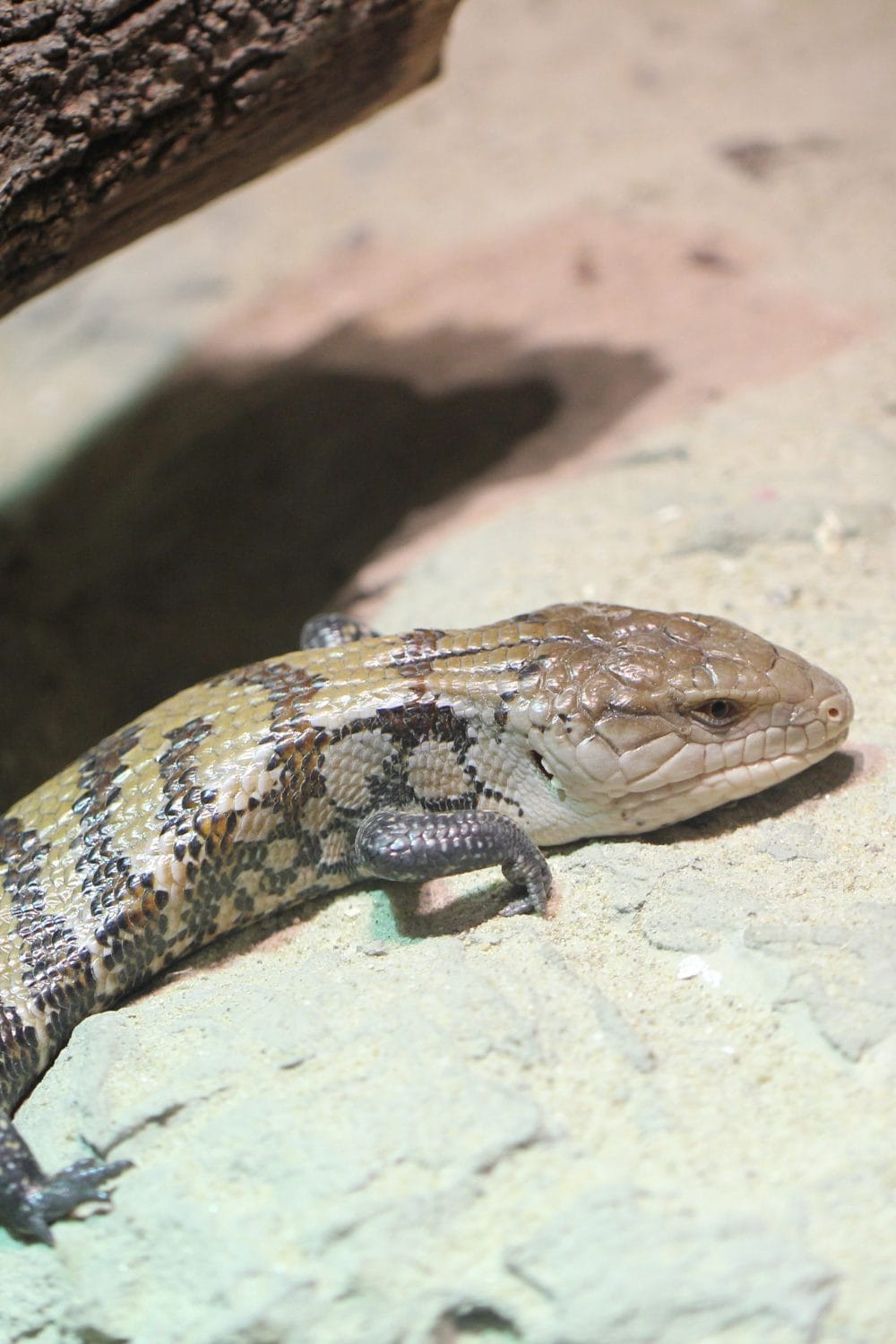
Conclusion
Bringing Reptiles for Kids and Adults into your life — whether as a child or yourself — can be an exciting and fulfilling journey.
They’re quiet, clean, fascinating, and a lot easier to care for than many people think.
Bearded Dragons, Leopard Geckos, and Crested Geckos are fantastic for kids, while Ball Pythons, Corn Snakes, and Russian Tortoises are excellent for adults who want a low-maintenance companion.
However, choosing a reptile should always come with a willingness to learn and care responsibly.
By selecting one of these best beginner reptiles, you’re not just getting a pet — you’re gaining a new window into the wild, wonderful world of cold-blooded creatures.
FAQs: Reptiles for Kids and Adults
Leopard Geckos are often considered the easiest. They don’t need UVB lighting, are small, hardy, and eat easy-to-find insects like mealworms and crickets.
Yes, reptiles make excellent pets for children who are mature enough to handle them gently and follow basic care routines. They’re educational, calm, and often hypoallergenic.
While reptiles aren’t affectionate like dogs, Bearded Dragons tend to enjoy human interaction and can form bonds with their owners. They often sit calmly on laps and seem to enjoy company.
It varies. Leopard Geckos and Bearded Dragons live around 10–15 years, Corn Snakes can live 15–20 years, and Russian Tortoises can live 40+ years!
Yes. Most reptiles need proper enclosures with temperature control, UVB lighting (except a few like Leopard Geckos), hiding spots, and substrate. But once set up, they’re easy to maintain.
- How to Celebrate a Dog’s First Birthday on a Budget: 2026 Guide - February 18, 2026
- Best Shampoo for Sensitive Skin Dog Grooming: 2026 Guide - February 12, 2026
- 40+ Aesthetic Names for White Dogs (2026 Unique & Rare List) - February 6, 2026


GIPHY App Key not set. Please check settings